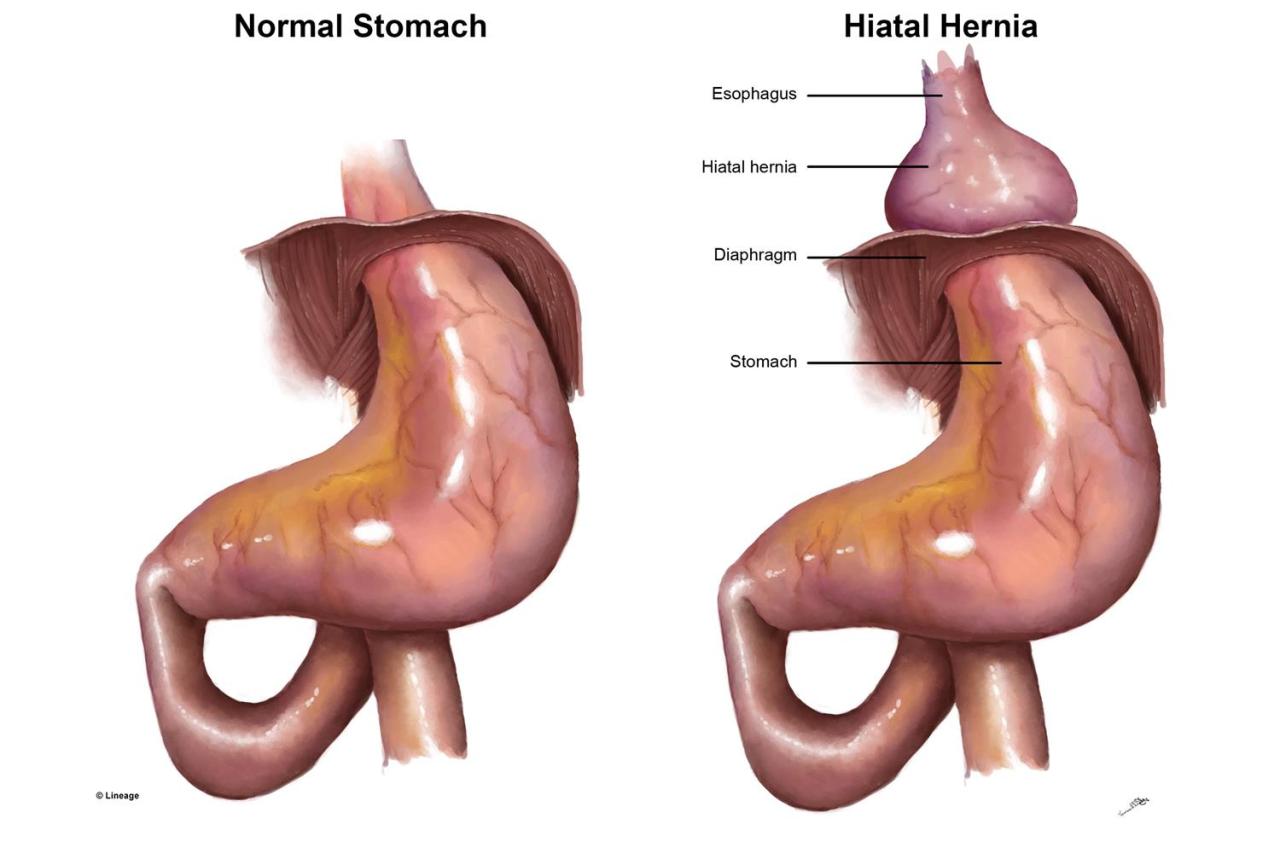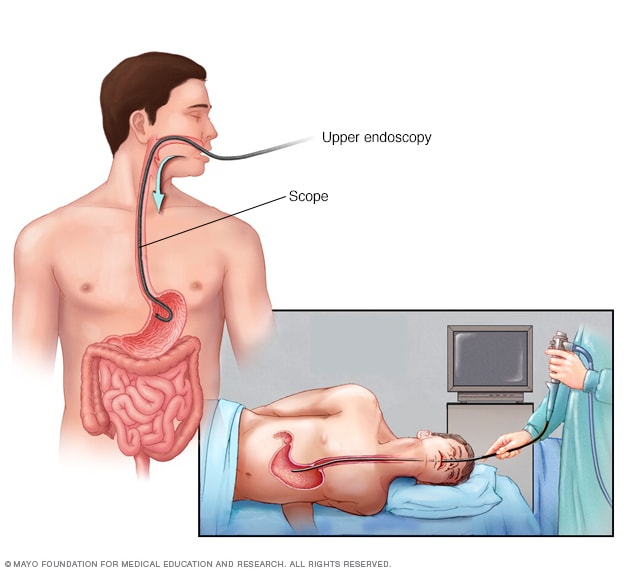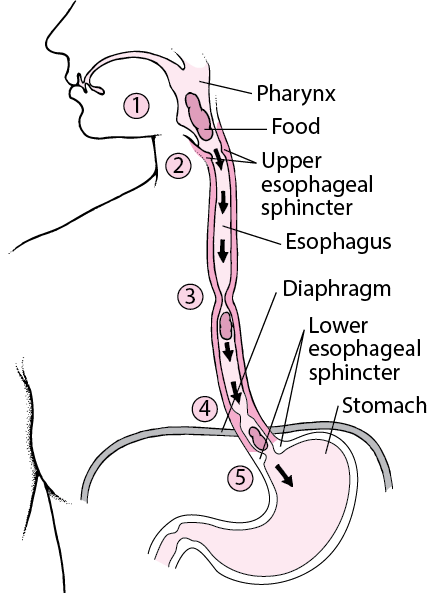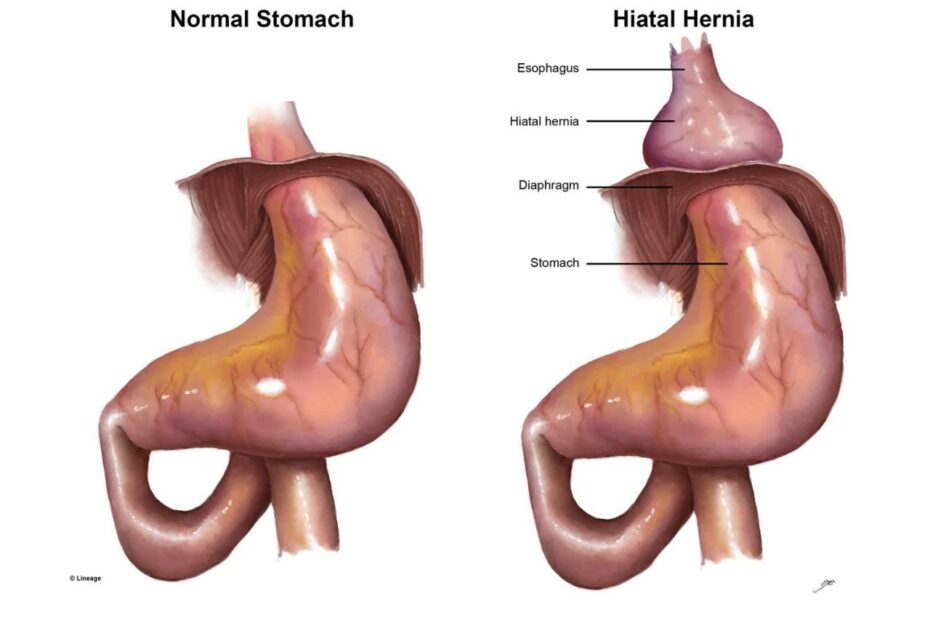Can A Hiatal Hernia Trigger Esophageal Spasms?
Hiatal Hernia- Symptoms, Complications And Treatment
Keywords searched by users: Can a hiatal hernia cause esophageal spasms hiatal hernia weird symptoms, can you die from esophageal spasms, can hiatal hernia cause coughing and shortness of breath, hiatal hernia coughing treatment, symptoms of hiatal hernia getting worse, hiatal hernia spasm, hiatal hernia spasm reddit, hiatal hernia coughing up phlegm
What Spasms Are Caused By Hiatal Hernia?
A hiatal hernia occurs when a portion of the stomach protrudes through an enlarged opening in the diaphragm known as the hiatal opening. This displacement can lead to the development of diaphragm spasms, which are characterized by involuntary contractions of the diaphragm muscle. The severity of the hernia can vary, ranging from mild to severe, and this degree of severity plays a crucial role in determining the associated symptoms and complications.
Can A Hiatal Hernia Affect Your Esophagus?
Can a Hiatal Hernia Impact Your Esophagus?
Hiatal hernias, specifically sliding hiatus hernias, can indeed have an effect on the esophagus, potentially leading to a medical condition known as gastro-oesophageal reflux disease (GORD) or more commonly referred to as gastroesophageal reflux disease (GERD). Sliding hiatus hernias involve the upward movement of a portion of the stomach into the chest area through the hiatus, a small opening in the diaphragm that separates the chest cavity from the abdominal cavity. In individuals with sliding hiatus hernias, the stomach can occasionally shift back and forth between the chest and abdominal cavities.
The connection between sliding hiatus hernias and GERD lies in the potential for stomach acid to escape from the stomach and enter the esophagus. The esophagus, also known as the gullet, is the tube-like structure that carries food and liquids from the mouth to the stomach. When stomach acid leaks into the esophagus, it can lead to symptoms such as heartburn, regurgitation, chest pain, and difficulty swallowing, which are characteristic of GERD.
Therefore, it is important to understand that while hiatal hernias themselves may not directly impact the esophagus, they can contribute to the development or exacerbation of GERD symptoms, affecting an individual’s overall digestive health. Managing and treating hiatal hernias, particularly sliding ones, is crucial in alleviating the associated GERD symptoms and improving the quality of life for those affected.
Update 48 Can a hiatal hernia cause esophageal spasms




:max_bytes(150000):strip_icc()/GettyImages-687790799-7c0390daf3e74ad8bab583c288510d12.jpg)
:max_bytes(150000):strip_icc()/VWH_Illustration_Medical-Conditions-of-the-Lower-Esophageal-Sphincter_Illustrator_Michela-Buttignol_Final-a4a6b610777e45c9b48f9ef9f8d000de.jpg)
Categories: Found 27 Can A Hiatal Hernia Cause Esophageal Spasms
See more here: maucongbietthu.com

Hiatus hernia increased in prevalence with increasing severity of contraction abnormalities, such that hiatus hernia was present in nearly half of patients with the pattern typifying diffuse esophageal spasm.When a hiatal hernia occurs, part of the stomach pushes through an enlarged hiatal opening in the diaphragm. This can trigger a diaphragm spasm. A hernia can be mild or serious, and its severity will determine any additional symptoms.Hiatus hernias that slide in and out of the chest area (sliding hiatus hernias) can cause gastro-oesophageal reflux disease (GORD). This is where stomach acid leaks into the oesophagus (gullet).
Learn more about the topic Can a hiatal hernia cause esophageal spasms.
- Hiatus hernia and esophageal contraction abnormalities
- Diaphragm spasm: Symptoms, causes, and treatment – Medical News Today
- Hiatus hernia – Illnesses & conditions – NHS inform
- Esophageal spasms – Symptoms and causes – Mayo Clinic
- Hiatal hernia and chest pain: Treatment and when to seek help
- Diaphragm spasm: Symptoms, causes, and treatment – Medical News Today
